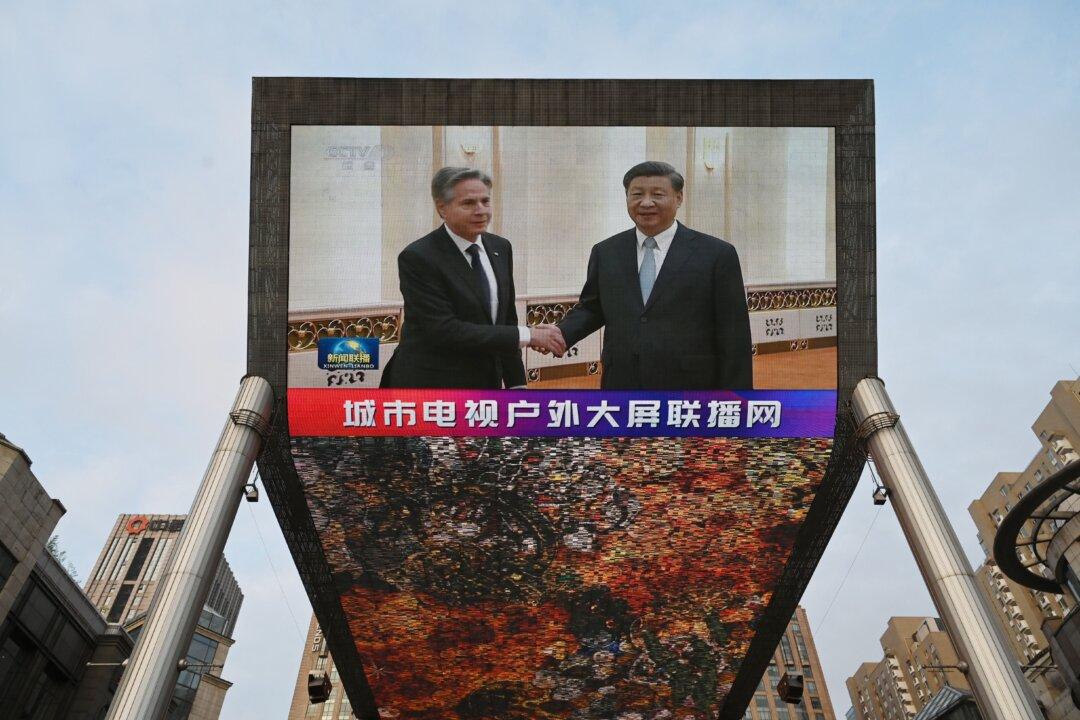Chinese leader Xi Jinping on June 16 met with Microsoft Corp. co-founder Bill Gates in Beijing, where he called Gates “an old friend.” But the term is not complimentary, according to Jon Pelson, author of “Wireless Wars, China’s Dangerous Domination of 5G and How We’re Fighting Back.”
In a meeting at Beijing’s Diaoyutai state guest house, where China’s leaders have traditionally received senior foreign visitors, Xi said he was very happy to see the Microsoft co-founder after three years, and that Gates was the first American friend he had met this year.





